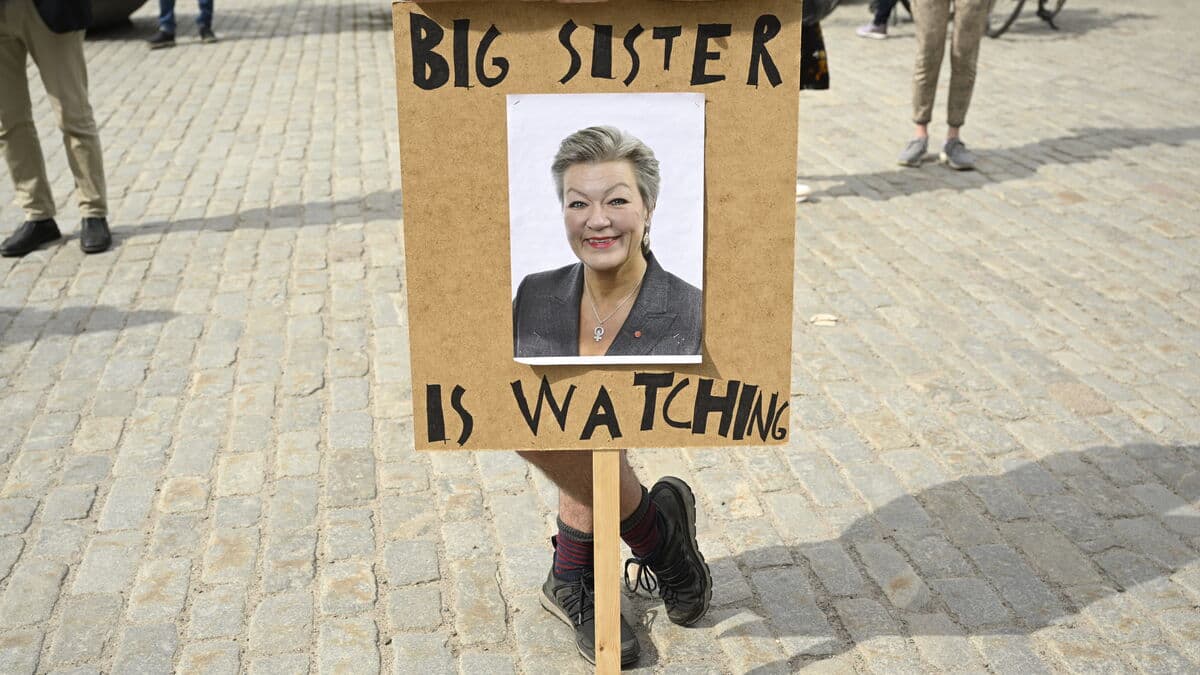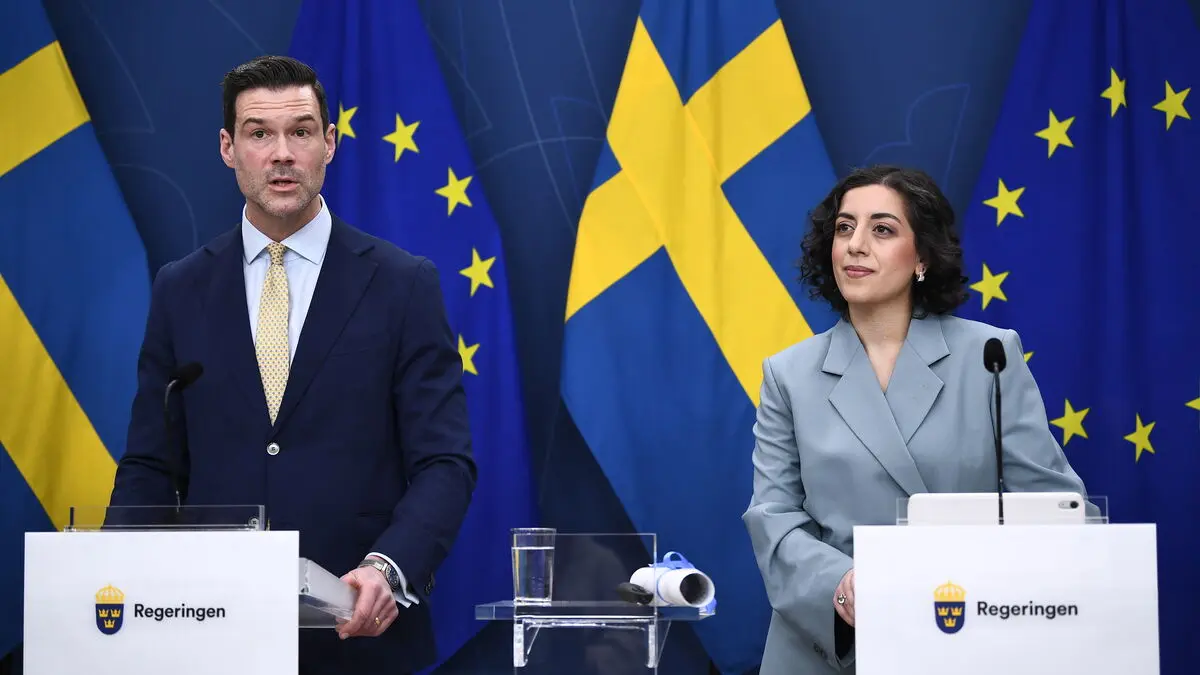Germany's government does not want to take a stance at present – which is greeted with jubilation by the opponents who accuse the proposal of entailing too much scrutiny of private e-mail and chat messages.
"A fantastic victory for freedom and shows that protests work", writes former EU parliament member Patrick Breyer from the German Pirate Party in a press release.
That Germany does not say yes means that there is still not a sufficient majority for the proposal, which has been given the nickname "chat control" by critics.
The EU countries' ambassadors therefore decided on Wednesday that the issue will not be addressed as planned at next week's justice and home affairs minister meeting in Luxembourg.






